Cats are considered the go-to pets for people who work long hours because they’re thought to be more independent than dogs, according to a study by the University of Lincoln.1 They observed whether cats exhibit behavior in which they see you as a caretaker or protector like dogs and young children do, and they generally don’t!
Most cats are seemingly less affected by being left alone than dogs, preferring to seek out safe spaces and rely on their own instincts to keep themselves entertained. They rarely display frustrated behavior that may be some type of attachment to their owners, but the researchers couldn’t decide whether it was just gruntles of discontentment.
Some cats that are particularly bonded with their owners or experience a significant change in their living circumstances may develop separation anxiety. Cats can also get bored due to lack of physical exercise and environmental enrichment, which leads to a different type of frustration and sometimes even undesirable behaviors.
If you’re interested in more about how cats evolved to be so independent, you’ve come to the right place. Read on below for more details on that, as well as tips for bonding with a particularly independent feline.

Why Are Cats More Independent Than Dogs?
Cats are natural-born hunters in the wild, preferring to spend time alone or in small groups. They’re not gregarious pack animals like wild dogs, and most wild cats have established safe spaces they can retreat to in emergencies.
Most of the same things they do in our homes are innate survival instincts, and cats learn how to hone those skills from kittenhood. Mother cats teach their kittens how to stalk prey and hunt, as well as show them social behaviors from a very young age. Eventually, the kittens go off on their own and live their best lives.
Cats are unique and unlike dogs in that, they sort of domesticate themselves. Millenia ago, ancient humans noticed that wild cats liked to hang around grain stores to hunt. Small rodents like mice and rats could seriously damage critical food reserves like grain, so the ancients figured cats could hang out if they earned their keep by killing pests.
Even when they were revered in ancient Egypt, cats were seen as royal creatures for their self-sufficiency and lithe grace. Today, they inspire countless funny cat videos and memes while allowing us to take care of them in the form of food, shelter, and so on.
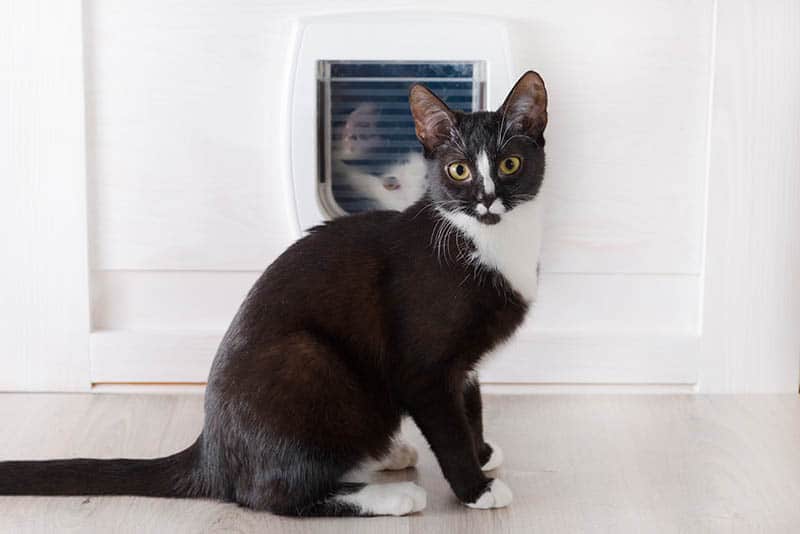
Do Cats Like Affection?
Yes, cats like love and affection, as any cat parent will tell you. They’re usually not as in-your-face about wanting love as dogs, but cats are intelligent creatures that form bonds with their humans. They will make a positive association between your presence and food, treats, toys, playing, and cuddles, which is the basis for positive reinforcement training.
Some cats are more loving than others, and some are even avid cuddlers! Many cat parents are familiar with their furry friends rubbing up against them, nuzzling, or licking them for attention. Other felines are sparser with affection or even seem standoffish. You may see subtler signs of love from them, like the classic half-lidded gaze that signals a cat’s happiness or contentment.
How to Bond With Independent Cats
You don’t get to choose your cat’s personality, and establishing a bond with reclusive or shy kitties can be challenging. Let’s take a brief look at some ways you can help strengthen your connection to your furry friend without scaring or pushing them.
- Let them make the first move. Cats are cautious and may not respond to repeated overtures of friendship until they feel comfortable.
- Use positive reinforcement. Create positive associations by giving your cat treats or food when they come to you or show you attention.
- Establish a routine. All creatures thrive with routine, and a cat that knows what to expect from day to day will be more at ease with you.
- Enrich their environment. Ensure your cat has all the resources it requires so it can exhibit its natural behavior and feel fulfilled. Cats need items like toys, vertical perches, and scratching posts to relieve stress. Without any way to blow off steam, a cat can get anxious and avoid human contact altogether.
- Provide physical exercise. Play with your cat as a way for them to use up any excess energy, particularly in the case of indoor cats, but also to bond and keep in good shape, thus reducing the risk for obesity.

Conclusion
Cats are more solitary pets than dogs, and they see us more as companions than someone that takes care of them. Some cats are more private and shyer than others, but consistent attempts to bond will go a long way.
Featured Image Credit: Aaron Zimmermann, Shutterstock
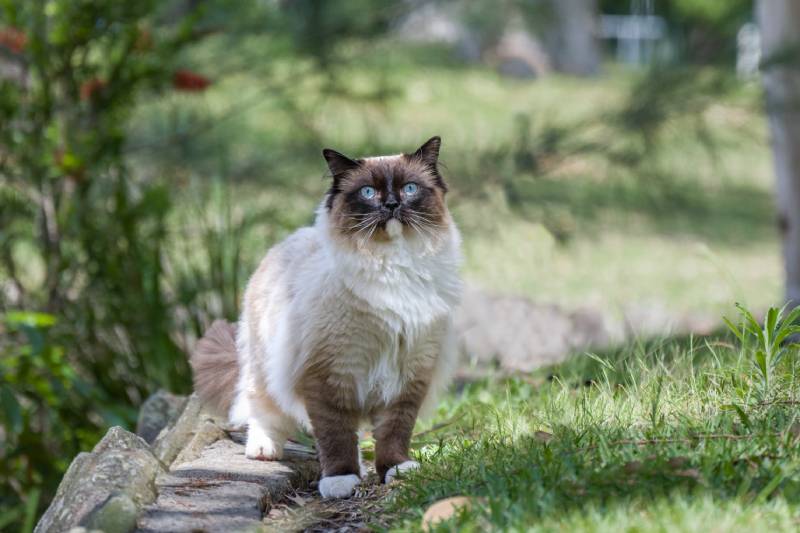

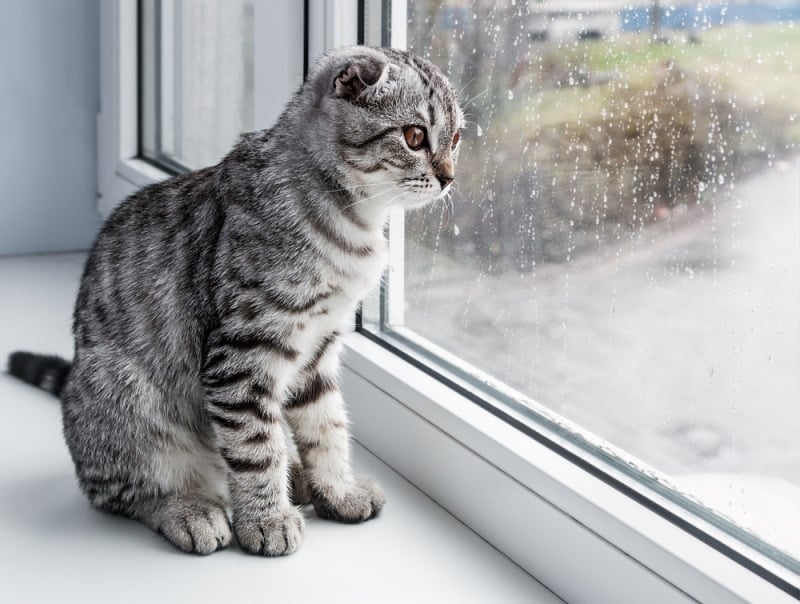

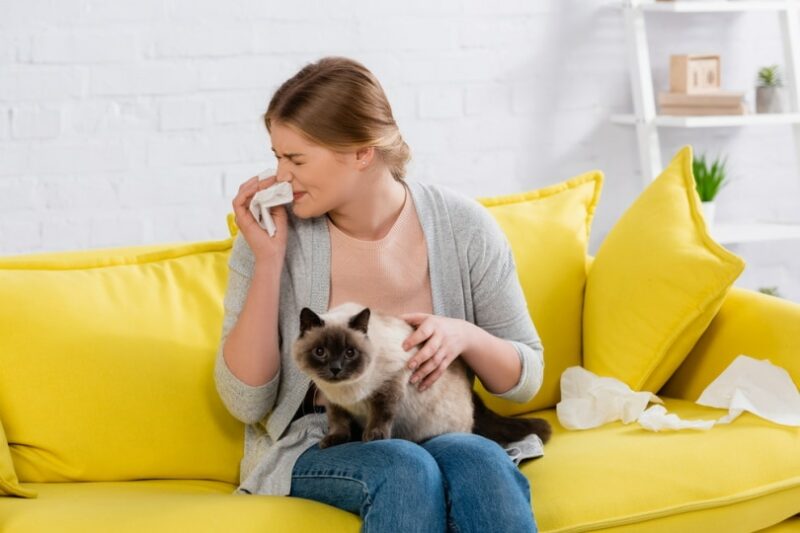
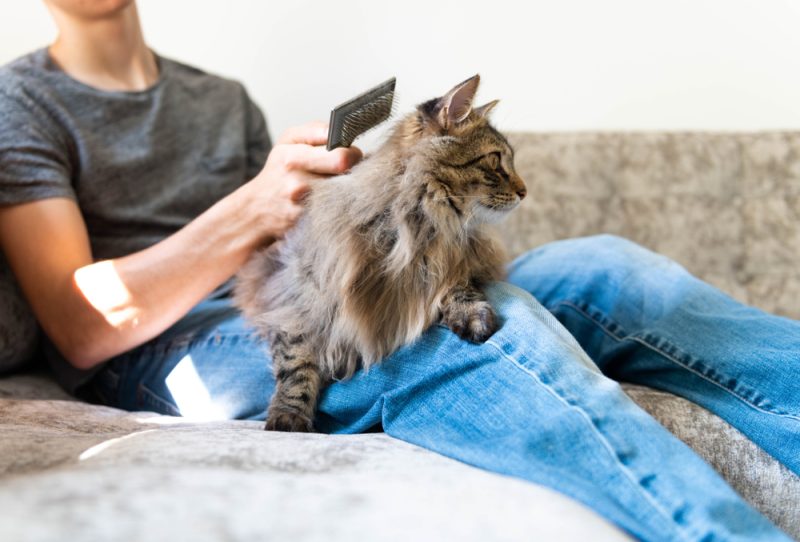
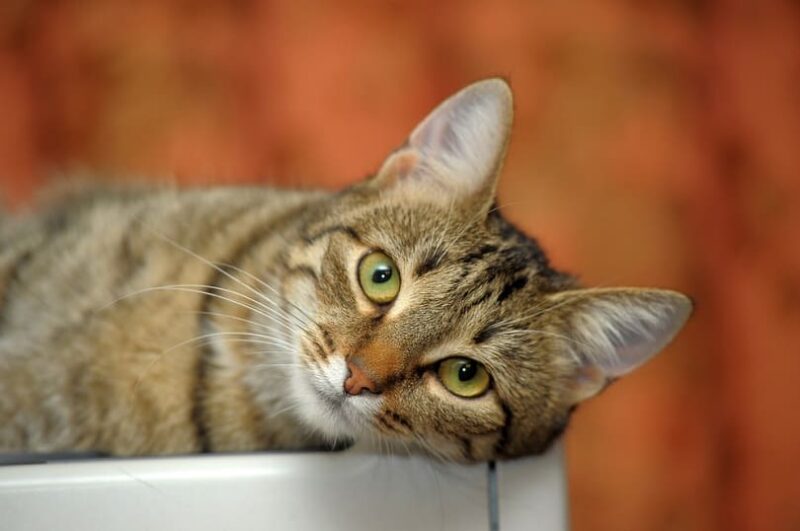
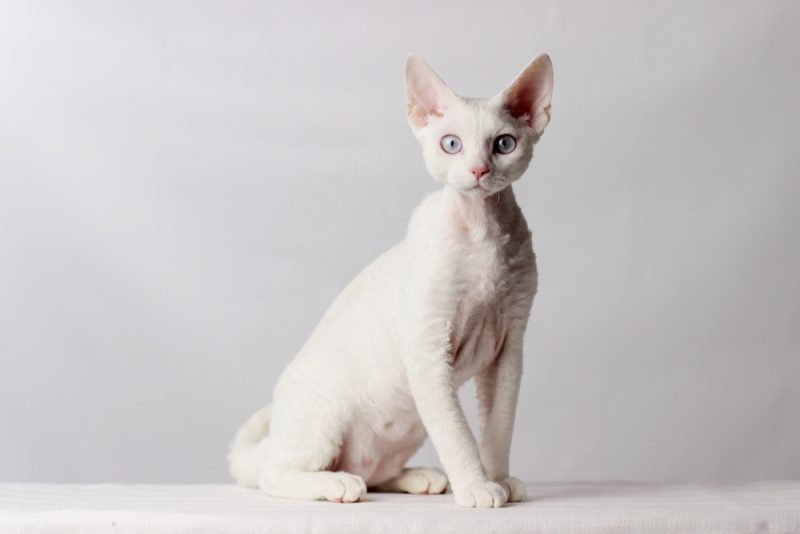
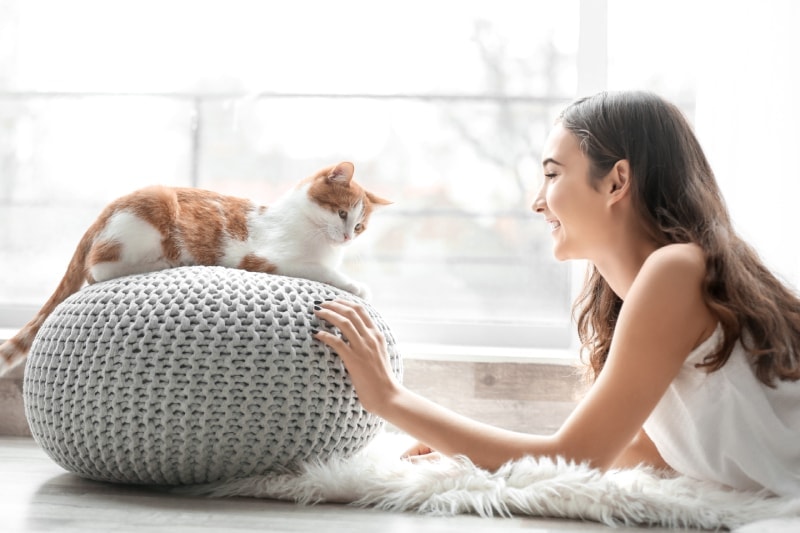
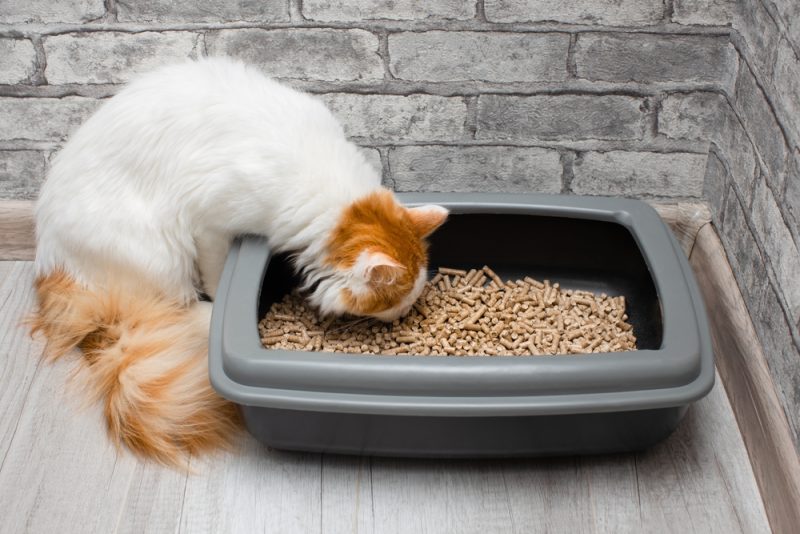
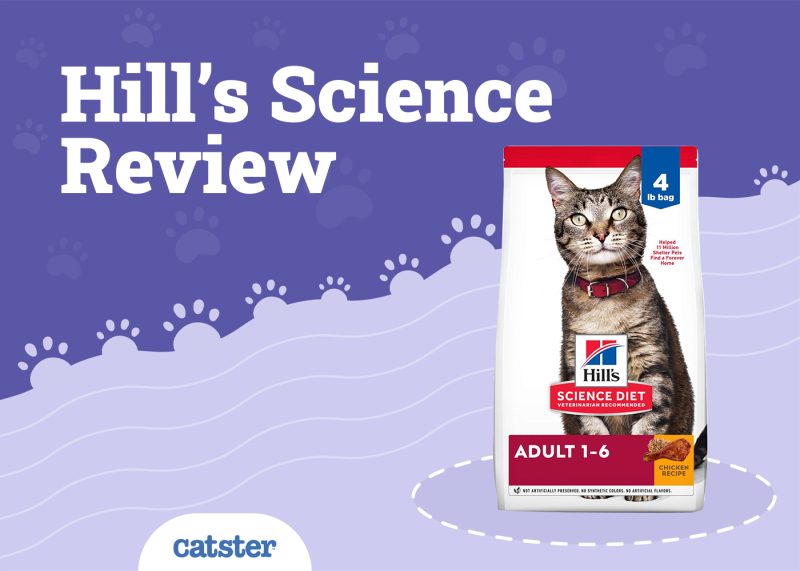
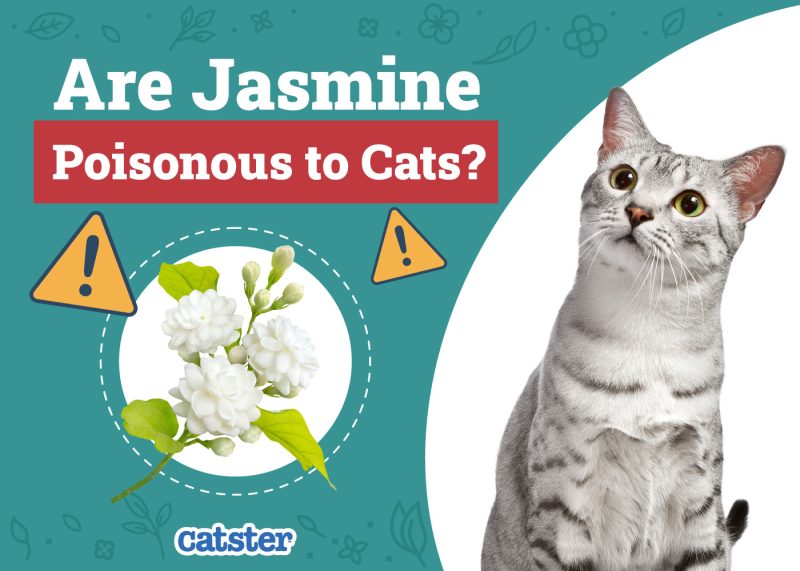
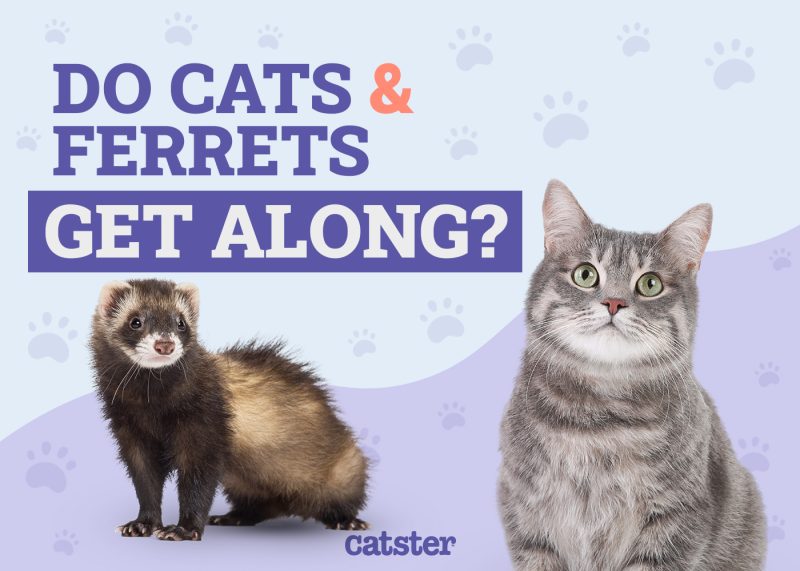
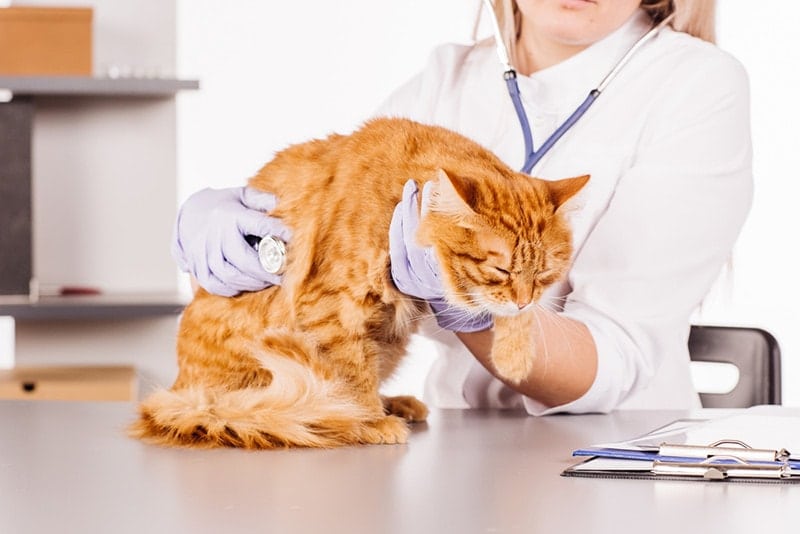

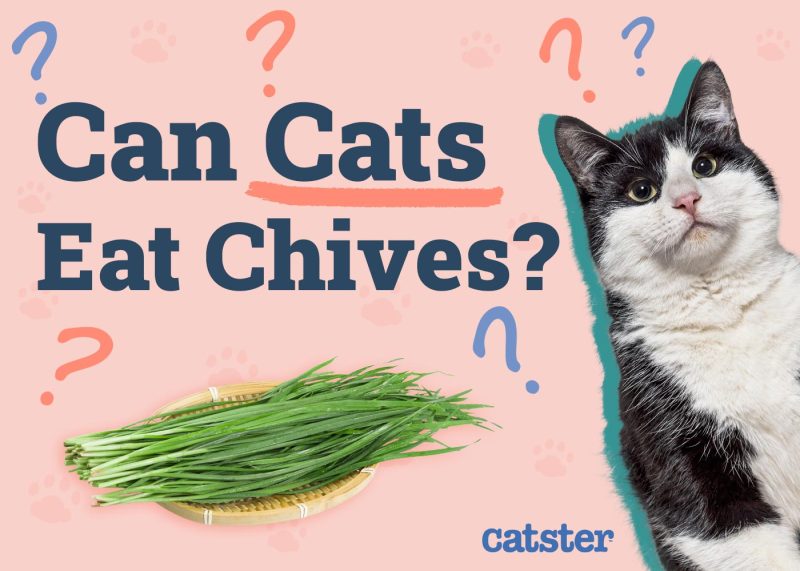
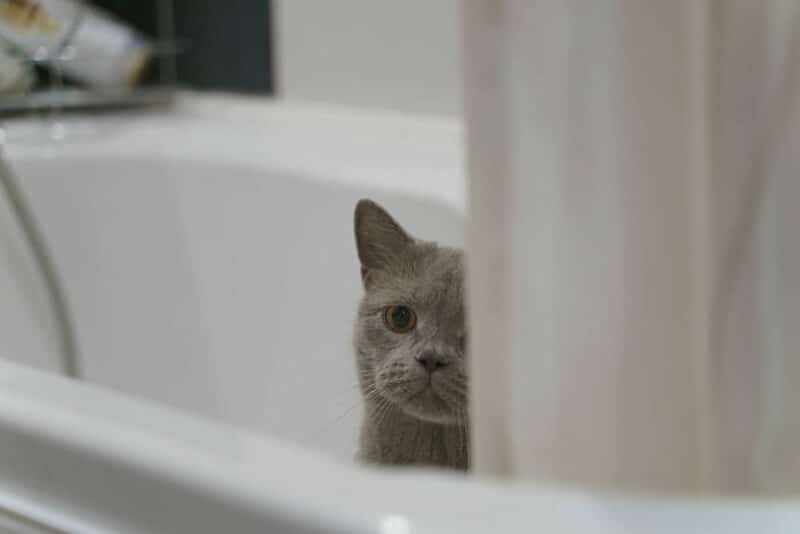
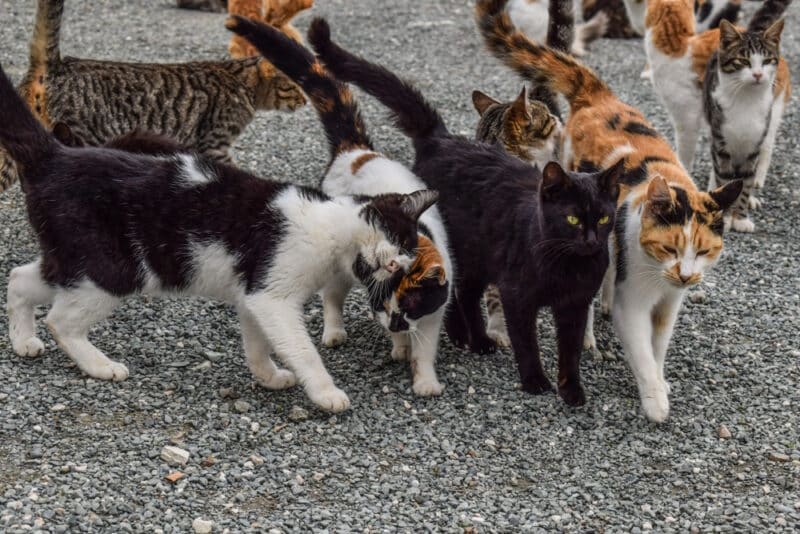

2 Responses
I love cats. Im obsed with them.
:)